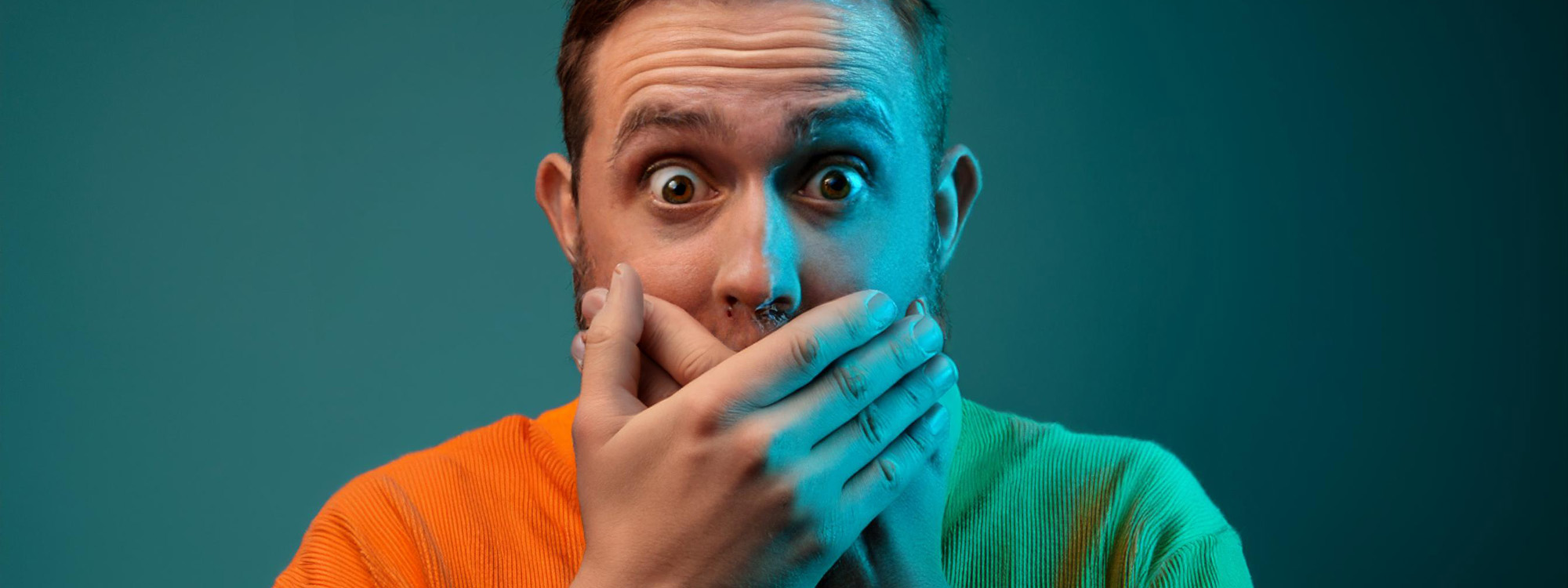


It's taboo to start a discussion about this among anti-contacts. Here's why. Bly Rede is a co-director of Virtuous Pedophiles. Blog posts reflect his personal views, and are not statements from the organisation.
THREAD: Why do anti-contacts generally stay away from the age of consent question? It's not like we're not aware there is a degree of subjectivity in the concept. > However, they always float between the age of puberty onset and full physiognomic maturity (so not entirely arbitrary as pro-cs try to claim). > its meaning. > still, I generally think it's better for anti-c MAPs not to pronounce views on the age of consent. Here are some reasons. > bias we all have. Yes, we can overcome it by exercising thought but that doesn't make it vanish. There's a risk for us in how we might intuitively view such questions. > our motivations for wanting to disuss nuance in this area. > you into the mire of hypothetical debate. You won't get far and they will believe what they want to believe. > might assume from your support of current age of consent laws that you consider there to be no distinction whatsoever between the capability for consent between (say) a 15 and 364 day old person and a very young child. > 16 year old has a better ability to consent than a South Korean 19 year old. To me, there are some implicit ideas behind anti-c support of *an* age of consent that don't require anyone to believe absurd things about overnight or cross-border changes in capability. Wherever the age of consent is set (and where staggered), there is an underlying notion > > of "progressive capability", where we understand that over the course of a lifetime, people acquire more and better capability in such things as "knowledge of my own body", "understanding my own feelings", "understanding the feelings of others", "estimating the unseen > > motivations of others", "knowledge of the meaning of consent", "understanding of subtle problems around consent", "attraction to others", "ability to make compromise decisions on attraction", "physical capability for sexual feeling", "confidence in solo sexual behaviour" > > "confidence in sexual behaviour with another" and also "ability to understand the implications for self and others of a consent age". > "after this age, meaningful consent is possible" is to have a workable legal definition of how, on average, we assume all those factors develop in the average person. And part of 'workable' is how it establishes parameters for how MAPs can behave and how > > society will treat us based on a factor that can be measured and that a jury can know and assess. There are upsides to this and downsides. > if minor attraction teaches us anything, it's that consent is fraught: there is *always* reason to stop and think *in the round* about what *could be* our coercive sexual behaviour, not hyper-focus on exactly what day in a young person's life our sexual interest in them > > becomes a practical matter. > debates begin on what number should be picked or whether there should be a number, it’s tempting to leap up and engage with the subtleties in order to counter pro-c canards. > I think anti-contact MAPS achieve the most by pointing out to whoever is reading > we shouldn’t be against logical thought on this; maybe one day there will be enough interest in the world in what MAPs have to say on the placing of the age of consent. > until then, I personally intend to read, learn, form my own views and keep my counsel on the age of consent.
| ||
| | ||
| |
 |  |  | ||
| | ||||
 thread: normalizing pedophilia? thread: normalizing pedophilia? |
| |
 thread: things you're overlooking thread: things you're overlooking |
| |
 review: lamb - the movie and book review: lamb - the movie and book |
| |